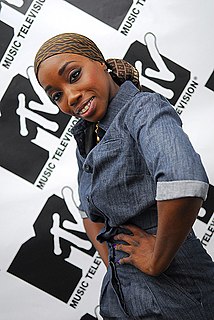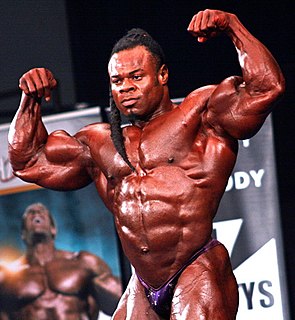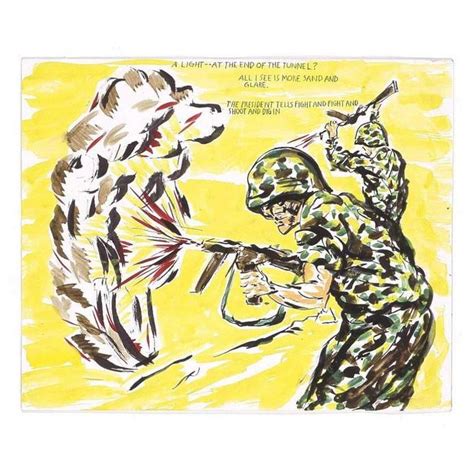A Quote by Annie Dillard
I write in my own journal when something extraordinary or funny happens. And there's some nice imagery in there. I don't think of what to do with it.
Related Quotes
I can sit in my room and write a song that I think might be a hit. I can sort of make myself do that, and then I'll play it to a friend, and they'll say, 'Oh, that's nice.' But when something happens to me, and I sit down and write a song to get rid of my emotions, they'll turn around and say, 'Wow, that's great.'
It’s therapy. It’s just something to do so you’re not lost in your own not-so-nice thoughts, and it’s an opportunity to think about something a lot nicer and to do something that’s with more purpose. So you do it, and you take your passion and you put a lot into it, and at some point you get recognized for it. But that recognition doesn’t mean the man is without his own demons or without his own struggles.
One of the things that is always difficult about a collaboration is that you don't necessarily find the same thing funny. And so the challenge becomes, how do you tell the other person that you don't think something's funny? The best collaborations tend to be when you are willing to be told that. But there's also ego involved, and so there's a lot of frustration in knowing that you're writing something, and the other person, on some level, needs to think that it's funny.


































